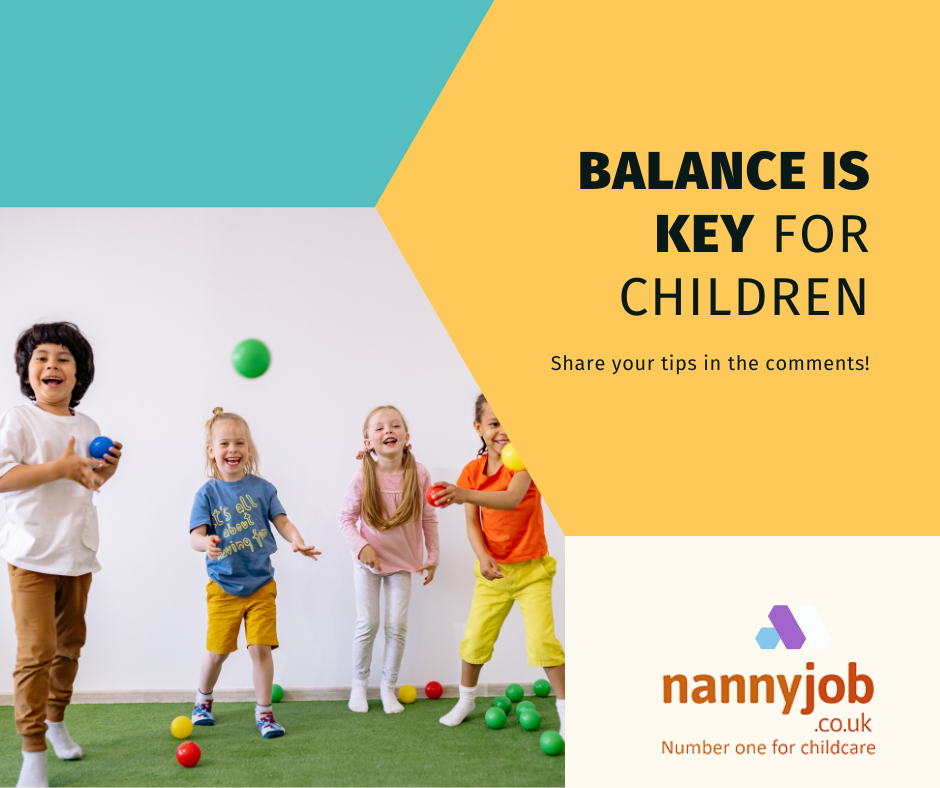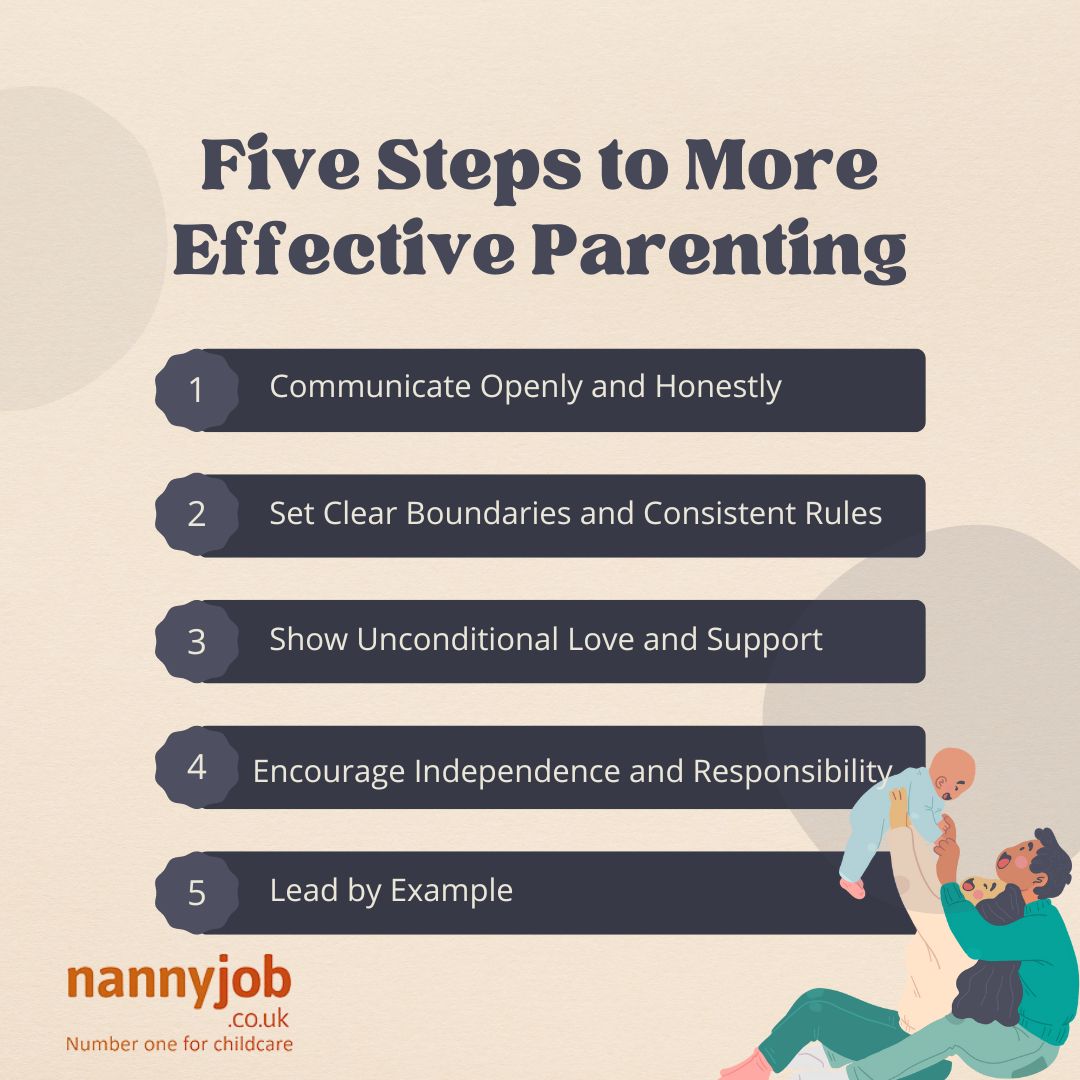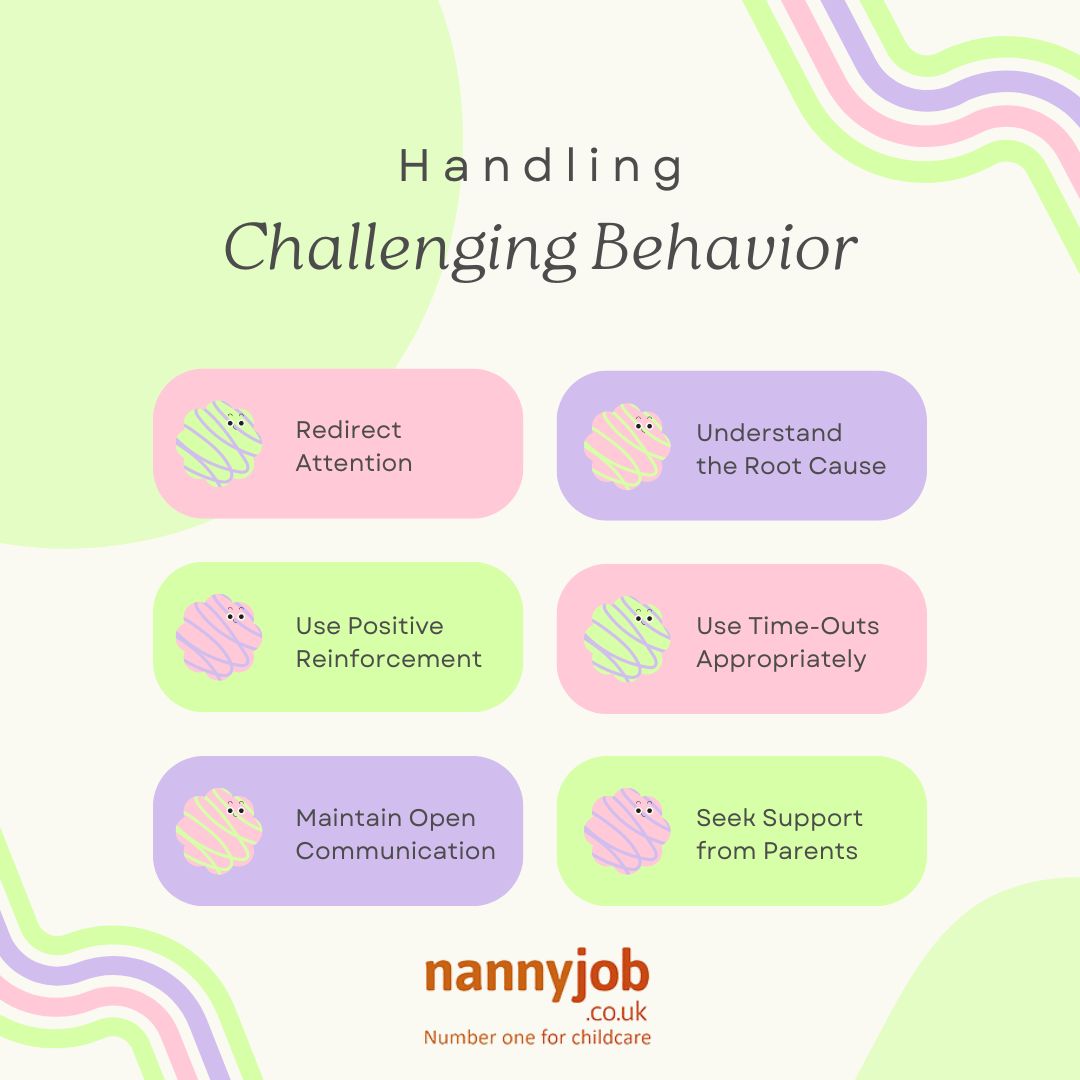Summer is the perfect time for children to explore, learn, and create memories that will last a lifetime. With school out and the sun shining, it’s an opportunity to engage kids in activities that are both fun and enriching. Whether you’re a parent, nanny, or childcarer, planning a variety of exciting summer activities can keep children entertained and help them develop new skills. Here are some ideas to inspire a summer full of adventure and creativity.
Introduction
Summer is the perfect time for children to explore, learn, and create memories that will last a lifetime. With school out and the sun shining, it’s an opportunity to engage kids in activities that are both fun and enriching. Whether you’re a parent, nanny, or childcarer, planning a variety of exciting summer activities can keep children entertained and help them develop new skills. Here are some ideas to inspire a summer full of adventure and creativity.
1. Outdoor Adventure Days
Take advantage of the warm weather by organizing outdoor adventure days. Plan trips to local parks, nature reserves, or beaches where children can explore the natural world. Activities like hiking, bird watching, or building sandcastles not only provide physical exercise but also spark curiosity about the environment.
2. DIY Backyard Camping
Turn your backyard into a camping site for a night of adventure without leaving home. Set up a tent, roll out the sleeping bags, and prepare some marshmallows for roasting. You can also tell stories, stargaze, or have a scavenger hunt. Backyard camping is a great way to introduce kids to the joys of camping in a safe and familiar setting.
3. Creative Arts and Crafts Projects
Summer is an ideal time to get creative with arts and crafts. Set up a craft station with supplies like paints, markers, and recycled materials, and let the kids’ imaginations run wild. You can guide them in making summer-themed projects, such as painting seashells, designing homemade kites, or creating nature-inspired collages.
4. Visit Local Attractions
Take advantage of local attractions like museums, zoos, and botanical gardens. Many of these places offer summer programs or workshops tailored for children. These visits can be both educational and entertaining, giving kids a chance to learn about science, history, or wildlife in an interactive way.
5. Water Play Activities
Nothing says summer like water play! Set up a sprinkler in the garden, have a water balloon fight, or visit a local splash pad. For a more educational twist, you can introduce simple water experiments, like making a homemade water wall or exploring the properties of floating and sinking objects.
6. Cooking and Baking Together
Get kids involved in the kitchen with cooking and baking activities. Choose simple, child-friendly recipes like making fruit popsicles, homemade pizza, or baking cookies. Cooking together not only teaches valuable life skills but also provides an opportunity to discuss nutrition and healthy eating.
7. Summer Reading Challenge
Encourage a love of reading by creating a summer reading challenge. Visit the local library and let children pick out books that interest them. Set reading goals, such as finishing a certain number of books by the end of summer, and offer small rewards for each milestone achieved. This helps keep their minds engaged and promotes literacy.
8. Gardening and Nature Projects
Introduce children to the joys of gardening by starting a small garden or planting a few pots of flowers, herbs, or vegetables. Gardening teaches responsibility and patience as kids watch their plants grow. You can also explore nature with projects like creating a butterfly garden or building a bird feeder.
9. DIY Science Experiments
Bring out the little scientist in your child with DIY science experiments. Simple experiments like making a volcano with baking soda and vinegar, creating slime, or growing crystals can be both fun and educational. These activities encourage curiosity and hands-on learning.
10. Family Day Trips
Plan day trips to nearby attractions like amusement parks, farms, or historical sites. These outings provide a change of scenery and create lasting memories. Be sure to involve the kids in planning the trip, allowing them to choose destinations or activities they’re excited about.
Conclusion
Summer is a time for fun, exploration, and learning. By planning a variety of exciting activities, you can help children make the most of their summer break. Whether it’s through outdoor adventures, creative projects, or family outings, these experiences will keep kids engaged and create memories they’ll cherish for years to come.










